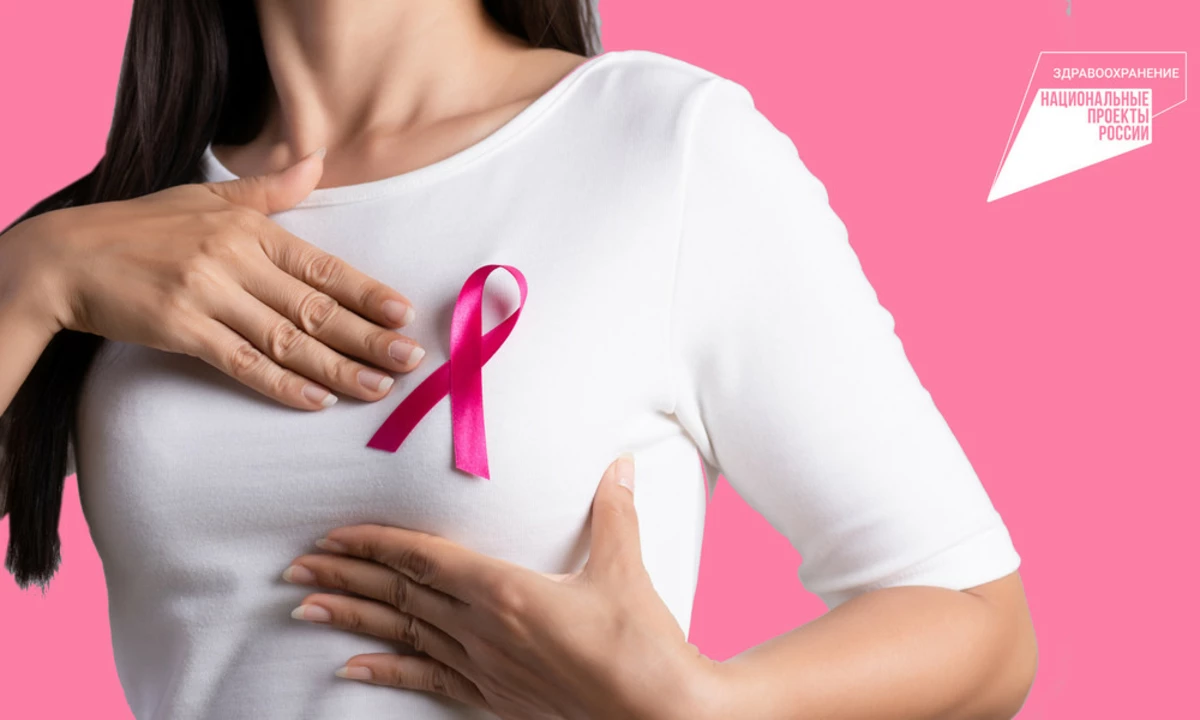Self-care: Practical Ways to Manage Your Health and Meds
Want clear, useful self-care steps you can use today? Start with the basics: know what you take, why you take it, and what could go wrong. This page points to simple actions—medication checks, safe online buying, smart supplement choices, and everyday habits that make a real difference.
Medication safety checklist
Write a short list for every medication: drug name (generic and brand), dose, how often, and why you’re using it. Keep that list on your phone and in a paper copy at home. If you take several drugs, ask a pharmacist to check for interactions—this catches issues that are easy to miss.
Buying meds online? Always use a licensed pharmacy that asks for a prescription when needed. Watch for red flags: no contact phone number, unusually low prices, or websites selling controlled drugs without a prescription. For antibiotics like Zithromax or Ciplox, don’t self-prescribe—wrong use makes infections worse and drives resistance.
Store medicines safely: keep them in a cool, dry place away from sunlight and out of reach of kids. Check expiry dates before use. If a product’s packaging looks tampered with, don’t use it; return it to the pharmacy.
Everyday self-care habits that matter
Small daily steps add up. Sleep 7–8 hours, move your body most days, drink water, and eat a mix of protein, veggies, and whole grains. For blood pressure or thyroid concerns, track readings and symptoms so you and your clinician can spot trends fast.
Thinking about supplements? Choose brands with third-party testing and read labels for active ingredients. Natural doesn’t always mean safe—some herbal products like Tylophora, Jalap, or reed herb can interact with meds. If you’re on prescription treatment (like hormone therapy, antivirals, or mood stabilizers), talk to your doctor before adding anything new.
Mental health is self-care too. If past trauma affects your substance use or mood, seek trauma-informed therapy. For sleep issues like restless legs syndrome, check the latest options—new treatments in 2025 are worth discussing with a specialist.
If you need care without travel, telemedicine can help. Look for reputable platforms with real clinicians, clear pricing, and good reviews. Compare services—some focus on urgent help, others on long-term management.
Want deeper reading? Our guides cover safe online buying (Ciplox, Leuprolide), drug alternatives (Olmesartan, Lamotrigine, Propecia), and practical reviews of supplements like Oregon Fir Balsam. Use those posts to learn specifics and decide what fits your life.
Take one step today: review your meds list, check a supplement label, or book a quick telemedicine consult. Self-care doesn’t have to be perfect—small, consistent moves protect your health and keep you in control.
The Importance of Self-Care for Breast Cancer Survivors
As a breast cancer survivor, I cannot stress enough the importance of self-care in our journey to recovery. Taking care of our physical, emotional, and mental well-being is crucial in helping us regain our strength and confidence. By engaging in regular exercise, maintaining a healthy diet, and seeking emotional support, we can significantly improve our overall health and reduce the risk of recurrence. Surrounding ourselves with positive influences and seeking professional help when needed also plays a vital role in our healing process. Remember, self-care is not selfish; it is an essential part of our journey to becoming strong, resilient survivors.
